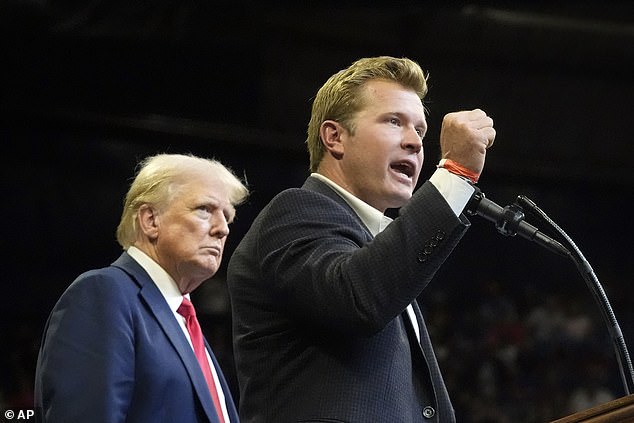Republican Tim Sheehy won the Montana Senate race, unseating Democratic Sen. Jon Tester, considered the Senate’s most vulnerable Democrat.
The Republican Party successfully took control of the chamber after losing power four years ago.
Republican Jim Justice captured outgoing independent Sen. Joe Manchin’s seat in West Virginia and Republican Bernie Moreno, who unseated Sherrod Brown in Ohio, put Republicans on the path to power.
Those two changes, in addition to Sheehy’s victory, were enough to give the Republican Party the absolute majority, as other election results are still awaited.
In the final weeks of the Senate race, a series of polls showed Sheehy taking a sizable lead ahead of Tester.
But there were questions about whether Tester’s deep ties in the state and his reputation as a lawmaker who can work across parties could help him cruise to victory in an election year in which Donald Trump was assured of first place on the ballot.
Sheehy had the strong backing of former President Donald Trump.
It would have meant that a significant number of voters in Montana would have had to split their ballots to vote for the Republican presidential candidate and the Democratic senator in a divisive election year.
Sheehy is a businessman, decorated combat veteran, and father of four who moved to Montana ten years ago.
He ran as a “common sense” candidate aligned with former President Trump, who has created jobs in his state. He was against the bipartisan border agreement.
Sheehy is married to his wife Carmen, a former Marine Corps officer, and they have four children together.
However, his Senate campaign was marked by a series of controversies.

Sheehy is married to his wife Carmen, a former Marine Corps officer, and they have four children together.
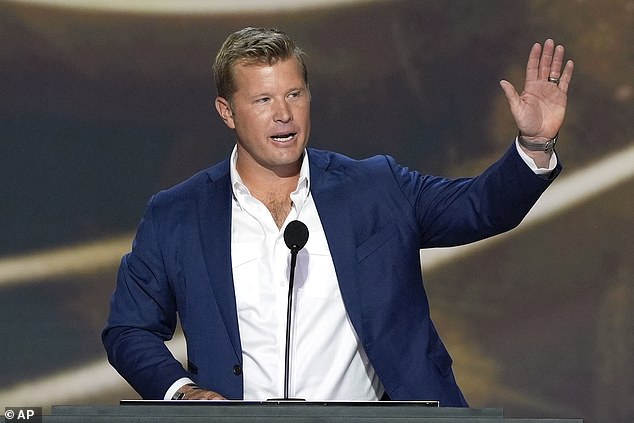
Montana Republican Senate candidate Tim Sheehy speaking at the Republican National Convention in Milwaukee in July.
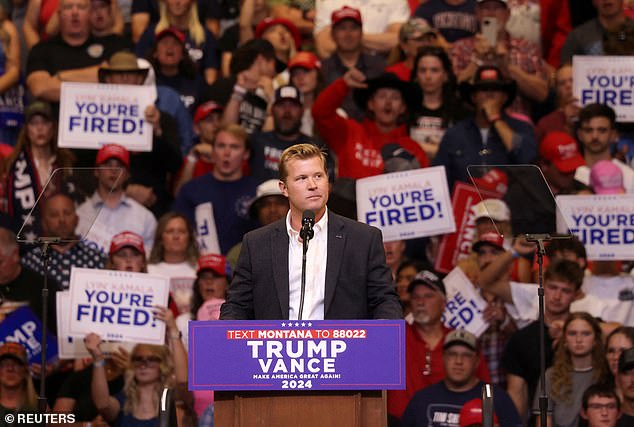
Sheehy spoke at a Trump rally in Bozeman, MT, on August 9. He ran as an ally of the former president in a state that Trump won by double digits.
He faced scrutiny of his finances with reports that his company Bridger Aerospace, founded in 2013, which took out $160 million in bonuses aimed at hiring more workers and expanding, used the money to pay off $134 million in debt.
Furthermore, questions arose about how Sheehy received a gunshot wound.
During the campaign and in a book, the veteran claimed that he received it during a firefight in Afghanistan. It was not reported at the time.
But three years after his deployment in 2015, he told a park ranger that he accidentally shot himself in the arm.
The inconsistencies in the story were first reported in April by The Washington Post. Sheehy said he lied about receiving the wound in Glacier National Park because he did not want to start a military investigation.
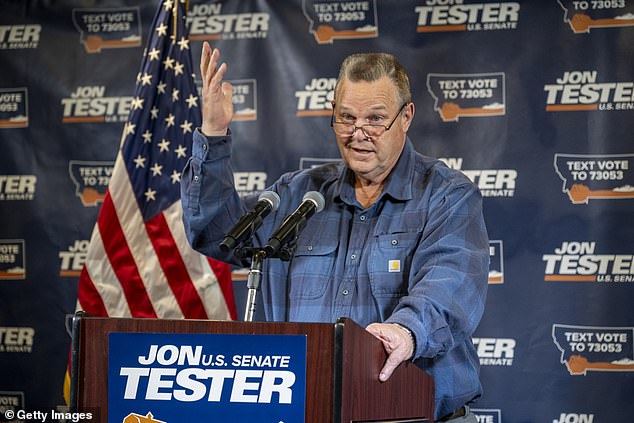
Tester is a third-generation Montana farmer

In the final weeks of the Senate race, a series of polls showed Sheehy taking a sizable lead ahead of Tester.
However, more recently, the park ranger who spoke to Sheehy about what was reported as an accidental gunshot wound disputed his claim stating that he is 100 percent sure Sheehy shot himself.
Sheehy also faced criticism after a recording of him last year captured him perpetuating a racist stereotype toward Native Americans at a private fundraising event.
In unearthed audio, he also described women as “indoctrinated” on the issue of abortion.
He has also repeated Trump’s false claims that Democrats support killing babies after they are born.
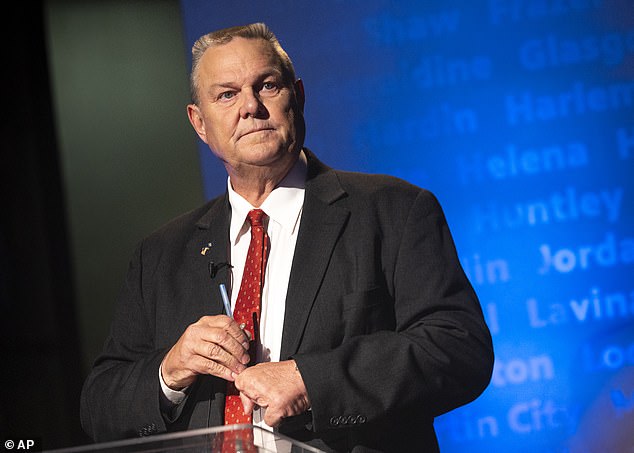
Montana Democratic Senator Jon Tester preparing for the September 30 debate in Missoula, MT.
Tester is a third-generation Montana farmer.
He was first elected to the Senate in 2006 and is the last Democrat to hold office in the entire state of Montana.
He was considered the most vulnerable Senate Democrat for re-election this cycle, running for a fourth term in a state that Trump won by more than sixteen points in 2020.
She ran to reduce costs including prescription drug costs, keep public lands public, protect women’s rights to privacy in their health care decisions, and support veterans in the Senate.
But his opponent accused him of being in the pocket of special interests and covering up for President Biden.
Montana’s Senate race was among the most expensive, with more than $225 million spent on advertising during the race.


